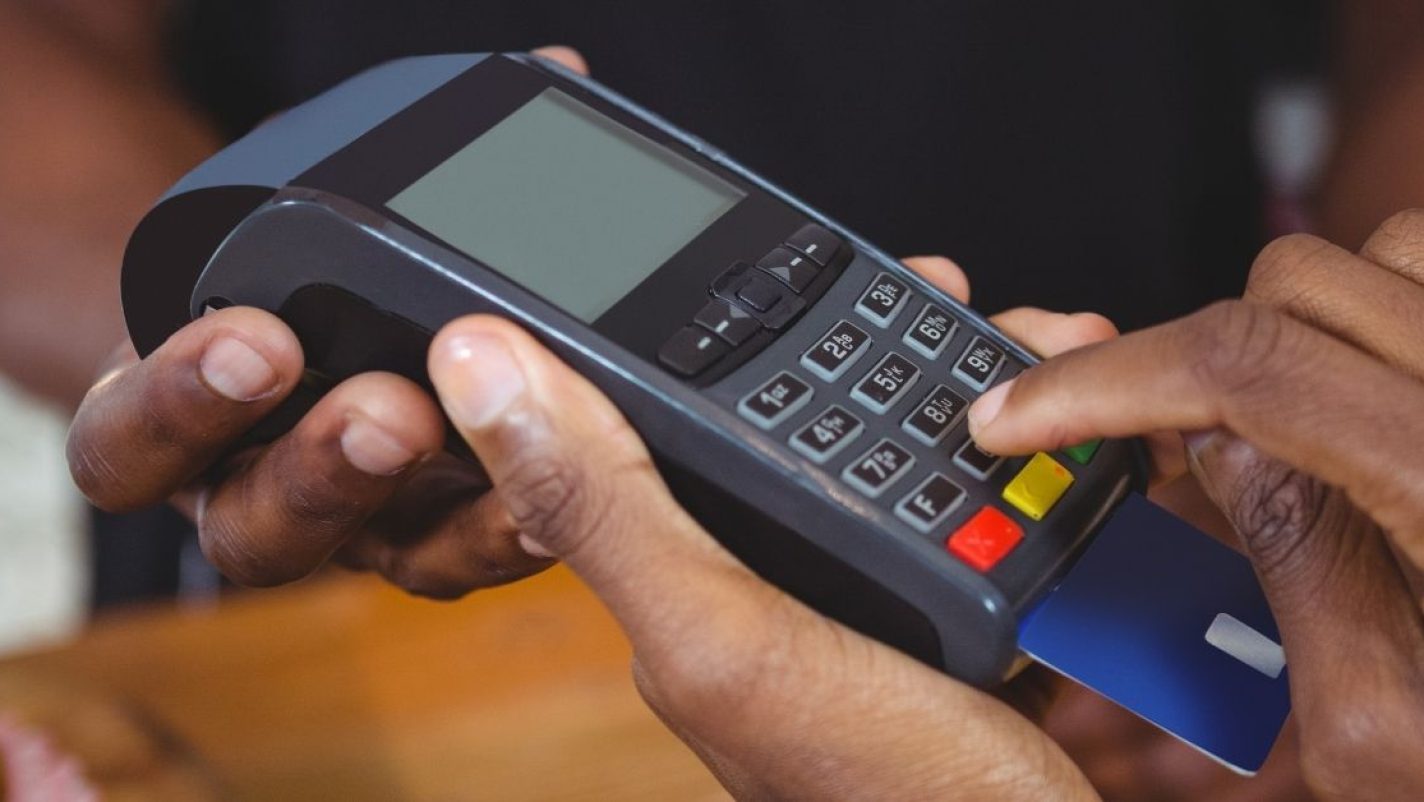The current policy on financial transactions in Nigeria that demands payments to be made through electronic channels cannot pass for a cashless system, an economist has said.
‘The economy is still cash-based. Even when you use your card it is still cash you are paying,” says Professor Bongo Adi of the Lagos Business School.
“The only thing is that we are moving from physical cash to electronic cash, but it is still cash. It is not credit. We don’t have a thriving credit system. In other countries people don’t even use their debit cards, it is their credit cards that they use. “The economy is still cash-based.”
Arguing that the opposite of cash is not electronic cash, Adi insists that the “opposite of cash is credit”. He said Nigeria’s monetary authorities have been getting away with the misconception over the years because nobody has taken the time to question this.
- National crises: Buhari convenes emergency Council of State meeting Friday
- NIGERIA DAILY: Naira Scarcity Crashes The Cost Of Food Prices
“If you are talking about current transactions, a transaction has to be closed in cash, then there is no way you can say you are a cashless system. You can see that all the theory they have built about running a cashless system is wrong because it is based on a wrong premise, a wrong assumption. If you don’t have your physical cash, but you have your debit card which has all your money loaded in it means you still have your cash. You can call it cash,” he said.
The economist spoke to Daily Trust against the background of the ongoing naira redesign and all the hiccups it has thrown up in the economy. But the disruptions occasioned by the programme have rather elevated cash to the position of a king in the economic system.
“What is cash? Current liquidity. Instant liquidity. You can have it whenever you need it,” he pointed out.
To reduce disruptions being experienced in electronic transactions, many petty traders now give discounts for cash-based transactions while charging higher to those who want to pay through bank transfers. In one case, a trader who spoke to Daily Trust said he was able to sell a particular product for N23,000 in cash, and N25,000 for a bank transfer.
Adi said Nigerians should have a preference either for physical cash or electronic cash. And given the state of technology or infrastructure, the preference weighs in favour of physical cash. “You go to the ATM, it doesn’t work well. Sometimes, because of poor network connectivity in some areas, you are not even able to transfer the electronic cash.”
For Nigeria to change to a credit system, the authorities first have to admit that the current mechanisms being deployed are wrong, and are not complementary to the target.
The first thing that should be done is to establish trust in the system, he said. “Trust is key,” he said.
“There are so many elements, credit institutions you need to have in place, which will boost the trust of the people, the confidence that somebody, the financial institutions those who will settle the process will have the confidence that when people use the credit they can settle it at the end of the day,” Adi said.

 Join Daily Trust WhatsApp Community For Quick Access To News and Happenings Around You.
Join Daily Trust WhatsApp Community For Quick Access To News and Happenings Around You.

